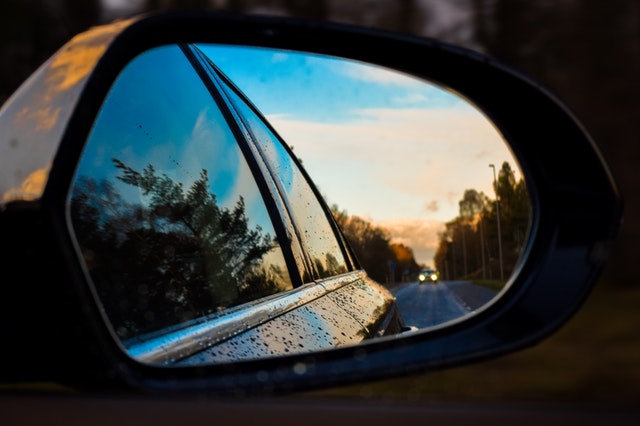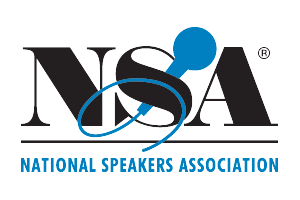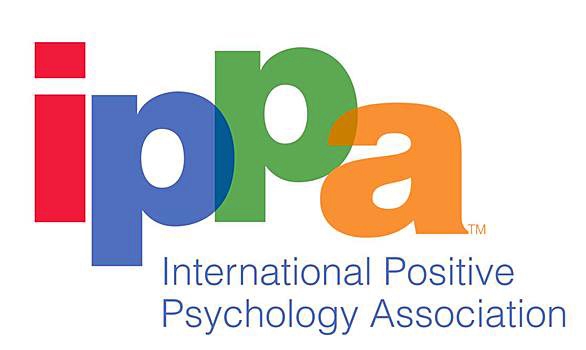
Ignoring our blind spots while driving is not a wise thing to do. In fact, it’s downright dangerous if left unchecked. And our psychological blind spots can be just as hazardous, mainly because we don’t believe we have them.
As an example, I can tell you right now I know I’m not prejudiced in any way, about anything. I’m self-aware, socially responsible and unbiased. Trouble is, of course, that’s not true. All of us have unconscious bias in some form, it’s called being human. Just as no one can see their blind spots when changing lanes unless they take the time to look, we can’t begin to see where conditioning and experience may have distorted our perceptions. Hence the name, blind spot.
The more we’re aware—stop and ask ourselves how we’re seeing something and could bias have slipped in–the more insight we’ll have in working effectively with others, and in creating an environment of inclusion and acceptance. And as always, it starts with us.


